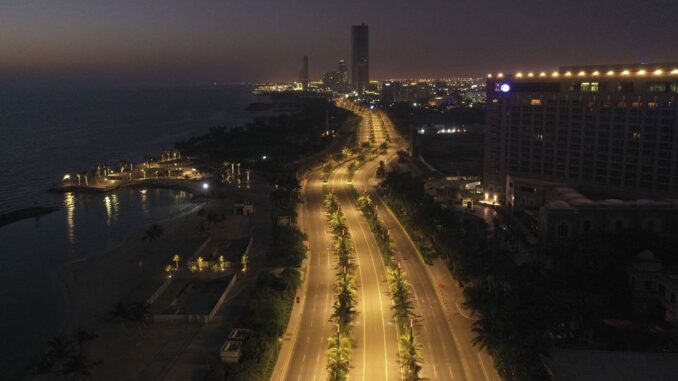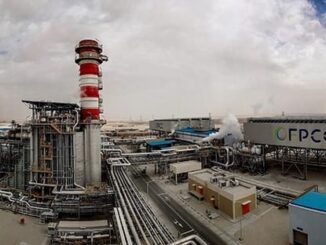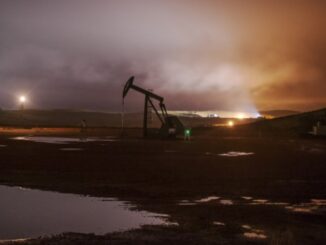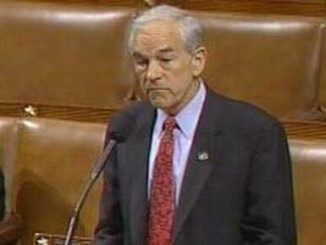
Energy News Beat Publishers Note: Excellent opinion piece by Julian Lee, Bloomberg. A great insight to the mastermind chess moves around oil production.
It’s starting to look like Saudi Arabia’s concerns over the oil demand recovery were well founded.
At the start of the month, the joint leader of the OPEC+ group of oil-producing countries announced a surprise output cut of 1 million barrels a day for February and March. Its co-chair, Russia, pushing for restraints to be eased, was granted a small output increase in each of those two months.
When Saudi Energy Minister Prince Abdulaziz Bin Salman made the unilateral decision to cut output — keeping the idea from fellow OPEC+ members to prevent leaks — he pinned it on fears that the recovery in oil demand was not as strong as it appeared. That appears to have been wise.
Although cold weather across northern Asia has boosted demand for heating fuels, there are worrying signs that the recovery in transport fuel has not only ground to a halt, but has actually gone into reverse in some key areas.
Rising Covid-19 cases in northern China have led to the imposition of restrictions to discourage travel for the week-long Spring Festival holiday. All travelers are now required to present a negative Covid-19 test result and holders of air tickets can get refunded or reschedule their flights for free.
Grounded
Commercial flights are running at less than 60% of comparable 2019 levels
Source: FlightRadar24
And this is having an impact on global flight numbers. Worldwide commercial flights have fallen back to less than 60% of comparable 2019 levels, driven not just by the Chinese restrictions, but also by tougher measures introduced by the U.K. and lockdowns elsewhere in Europe.
It’s not just air travel that’s being hit either. Private car use is also falling again in some of the major cities that were proving bright spots for recovery.
Beijing Gets Quieter
Traffic queues in Beijing have eased amid new virus cases, but they’re nowhere near lockdown levels
Source: Bloomberg calculations using data from TomTom Traffic Index
Note: Additional time taken for a journey that would last an hour in uncongested conditions.
The morning rush in Beijing usually reaches its peak around 8 a.m. and delays at that time of day are now their shortest since June, excluding public holidays.
Quick Commute
Peak morning traffic in Beijing is the lightest it’s been since June
Source: TomTom Traffic Index
Note: Additional time taken for a journey that would last an hour in uncongested conditions.
That may be good news for drivers but these are unwelcome developments for a recovery in oil demand, which still requires the mass inoculation of people around the world. That will eventually come, but it’s not here yet.
Oil markets enjoyed a rush of exuberance when the first successful drug trials were reported late last year and have received a further boost from expectations of a big U.S. stimulus package from President Joe Biden. But physical markets, where oil is traded for immediate delivery, have lagged behind those for future delivery, which are already looking forward to a resumption of mass travel.
Saudi Arabia’s eyes were firmly on the here and now when it decided to slash its production for two months. But the cost of the kingdom’s “gift” is much smaller than you might think and, as Prince Abdulaziz noted, even if demand turns out stronger than expected, it will simply hasten the draining of excess stockpiles. Whatever happens, it’ll be a win for the kingdom.
This column does not necessarily reflect the opinion of the editorial board or Bloomberg LP and its owners.



